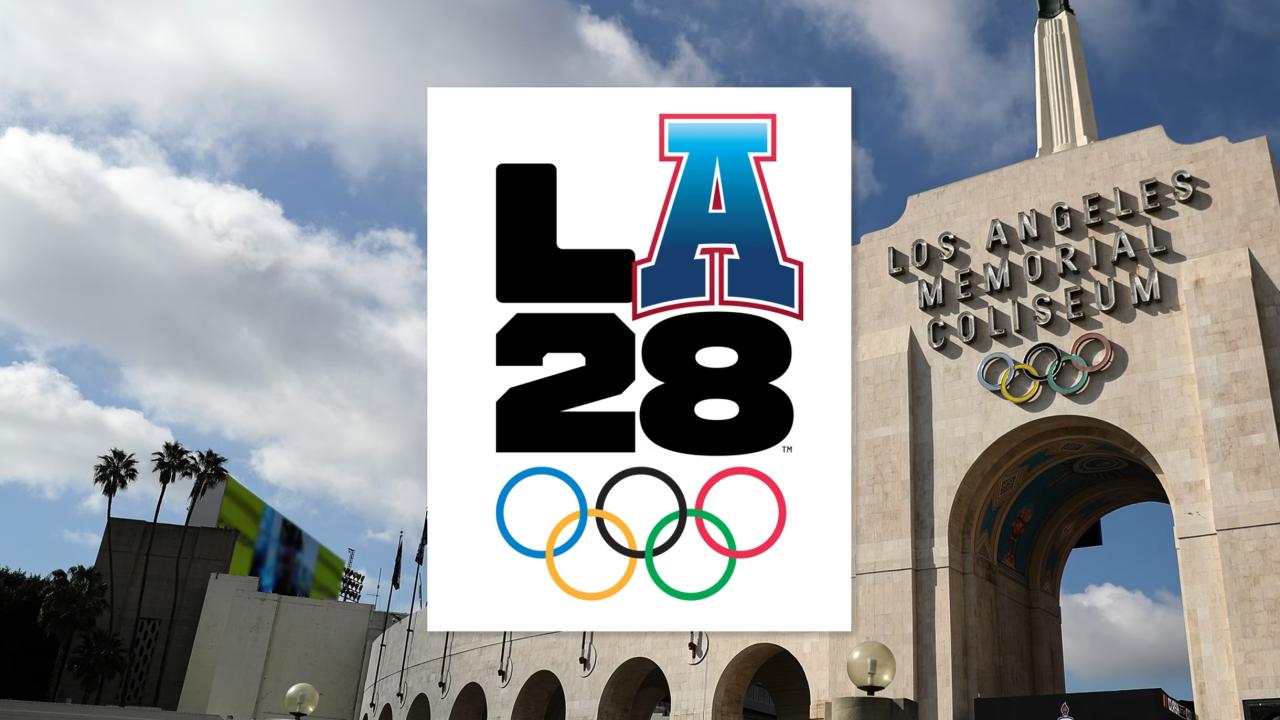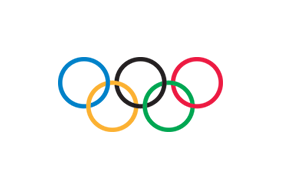LA28 Event Programme Marks Strong Commitment Towards Innovation and Gender Equality
Published 06-04-25
Submitted by International Olympic Committee

International Olympic Committee news
The event programme and athlete quotas for the Olympic Games Los Angeles 2028 (LA28) have been approved by the Executive Board (EB) of the International Olympic Committee (IOC). With a total of 351 medal events, 22 more than at Paris 2024 (329), the LA28 programme maintains the core athlete quota of 10,500, with an extra 698 quota places allocated for the five sports proposed by the LA28 Organising Committee (baseball/softball, cricket, flag football, lacrosse and squash).
For the first time in history, all team sports will have at least the same number of women’s teams as men’s teams, with water polo adding two women’s teams, making it now 12 women’s and 12 men’s teams.
Football, with 16 female teams, will feature more women’s teams than men’s (12).
Gender equality was a key consideration when deciding on the athlete quota and the number of events. In the initial sports programme, with 10,500 athletes, the number of female athletes is 5,333 and the number of male athletes 5,167. The additional sports add 322 female athletes and 376 male athletes. In addition, six mixed events were added to the event programme. Out of 351 events, there are 161 women’s events, 165 men’s events and 25 mixed events.
A powerful platform for female athletes
- Football: for the first time in Olympic history, more women’s teams (16) than men’s (12) will compete.
- Boxing: an additional women’s weight category ensures full gender parity across events, while maintaining equal numbers of athlete quotas for men and women, as was the case at Paris 2024.
- Water polo: two additional women’s teams will ensure full gender parity in the athlete quota and number of teams.
- Expanded mixed events: archery, athletics (4x100m mixed relay), golf, gymnastics, rowing coastal beach sprint and table tennis will all see the inclusion of a new mixed team event.
New medal opportunities and innovation
- Swimming: the 50m backstroke, butterfly and breaststroke events for both men and women will bring high-speed excitement to the pool at Inglewood Stadium.
- Rowing: women’s solo (CW1x), men’s solo (CM1x) and mixed double sculls (CX2x) will make their debut in coastal beach sprint.
- Sport climbing: boulder and lead events will now be contested as separate medal events, creating new stages for athletes to shine.
- Basketball 3x3: having made its debut at the Tokyo 2020 Olympics with eight teams each for men and women, the event has expanded to include 12 teams per gender.
The full event programme is available here.
Twenty-four out of 31 Olympic International Federations had put forward a request for a change in their event programme from the Olympic Games Paris 2024. In total, 46 new events were requested (16 male / 17 female / 13 mixed), six of which were to potentially replace existing events, making a net total of 40 more events requested. In total, 772 additional quota places were requested for the initial sport and event programme of 10,500 athletes (339 male / 433 female).
The event programme principles
The event programme for LA28 was developed based on the requests submitted by the International Sports Federations to the IOC. The decision from the IOC EB followed the recommendation from the Olympic Programme Commission and the principles approved in 2023, which specified that the Games should be gender equal, globally appealing, cost and complexity conscious, and athlete focused.
LA28 sports programme
With the inclusion of boxing, approved by the IOC Session in March 2025, the LA28 sports programme is composed of 31 sports, with an additional five sports proposed by the Organising Committee and approved by the IOC in 2023.
###
The International Olympic Committee is a not-for-profit, civil, non-governmental, international organisation made up of volunteers which is committed to building a better world through sport. It redistributes more than 90 per cent of its income to the wider sporting movement, which means that every day the equivalent of USD 4.7 million goes to help athletes and sports organisations at all levels around the world.
###
For more information, please contact the IOC Media Relations Team:
Tel: +41 21 621 6000, email: pressoffice@olympic.org, or visit our web site at www.ioc.org.
Broadcast quality footage
The IOC Newsroom: https://newsroom.olympics.com/
Videos
YouTube: www.youtube.com/iocmedia
Photos
For an extensive selection of photos available shortly after each event, please follow us on Flickr.
To request archive photos and footage, please contact our Content Licensing Unit at: images@olympic.org.
Social media
For up-to-the-minute information on the IOC and regular updates, please follow us on X and YouTube.

International Olympic Committee
International Olympic Committee
The International Olympic Committee (IOC) is a not-for-profit independent international organisation that is committed to building a better world through sport. It redistributes more than 90 per cent of its income to the wider sporting movement, which means that every day the equivalent of USD 3.4 million goes to help athletes and sports organisations at all levels around the world.
As the leader of the Olympic Movement, the IOC acts as a catalyst for collaboration between all parties of the Olympic family, from the National Olympic Committees (NOCs), the International Sports Federations (IFs), the athletes and the Organising Committees for the Olympic Games (OCOGs) to the Worldwide Olympic Partners, broadcast partners and United Nations (UN) agencies, and shepherds success through a wide range of programmes and projects. On this basis, it ensures the regular celebration of the Olympic Games, supports all affiliated member organisations of the Olympic Movement and strongly encourages, by appropriate means, the promotion of the Olympic values.
More from International Olympic Committee

